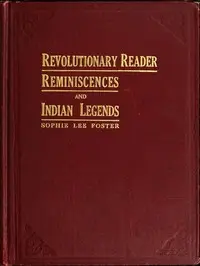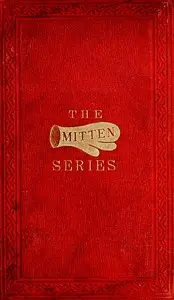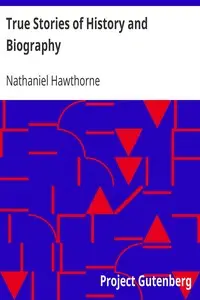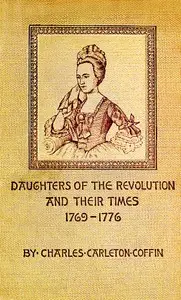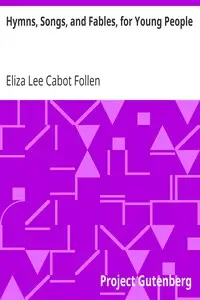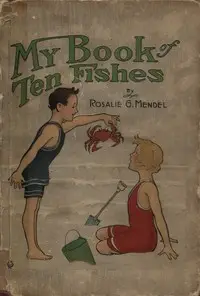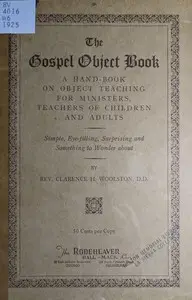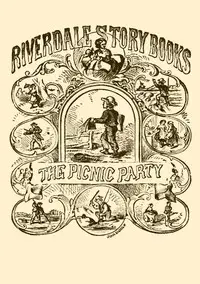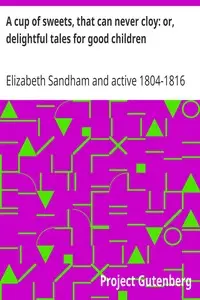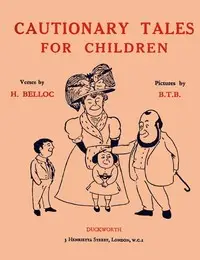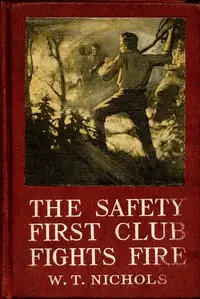"Who Spoke Next" by Eliza Lee Cabot Follen is a set of historical stories where everyday items tell tales from the time of the American Revolution. Through the eyes of objects like a musket, the reader sees battles and the cost of freedom. The book begins with the musket recalling its role in war and the death it witnessed, setting a tone of loss mixed with hope. As other items like a sword and a tea kettle speak, they show different sides of life, family, and the hard times people faced. Each object's story makes the past feel real, from the fight for freedom to the simple comforts of home. It is a series of thoughtful stories connecting objects to the moments that shaped people’s lives.

Who Spoke Next
By Eliza Lee Cabot Follen
A musket and a tea kettle recount tales of battlefields and hearths during the American Revolution.
Summary
About the AuthorEliza Lee Cabot Follen was an American writer, editor, and abolitionist. In her early life, she contributed various pieces of prose and poetry to papers and magazines. In 1828, she married Prof. Charles Follen, who died on board the Lexington in 1840. During her married life, she published a variety of popular and useful books, all of which were characterized by her Christian piety. Among the works she gave to the press are, Selections from Fénelon, The Well-spent Hour, Words of Truth, The Sceptic, Married Life, Little Songs, Poems, Life of Charles Follen, Twilight Stories, Second Series of Little Songs, as well as a compilation of Home Dramas, and German Fairy Tales. Holding an interest in the religious instruction of the young, she edited, in 1829, the Christian Teacher's Manual, and, from 1843 to 1850, the Child's Friend. She died in Brookline, Massachusetts in 1860.
Eliza Lee Cabot Follen was an American writer, editor, and abolitionist. In her early life, she contributed various pieces of prose and poetry to papers and magazines. In 1828, she married Prof. Charles Follen, who died on board the Lexington in 1840. During her married life, she published a variety of popular and useful books, all of which were characterized by her Christian piety. Among the works she gave to the press are, Selections from Fénelon, The Well-spent Hour, Words of Truth, The Sceptic, Married Life, Little Songs, Poems, Life of Charles Follen, Twilight Stories, Second Series of Little Songs, as well as a compilation of Home Dramas, and German Fairy Tales. Holding an interest in the religious instruction of the young, she edited, in 1829, the Christian Teacher's Manual, and, from 1843 to 1850, the Child's Friend. She died in Brookline, Massachusetts in 1860.

